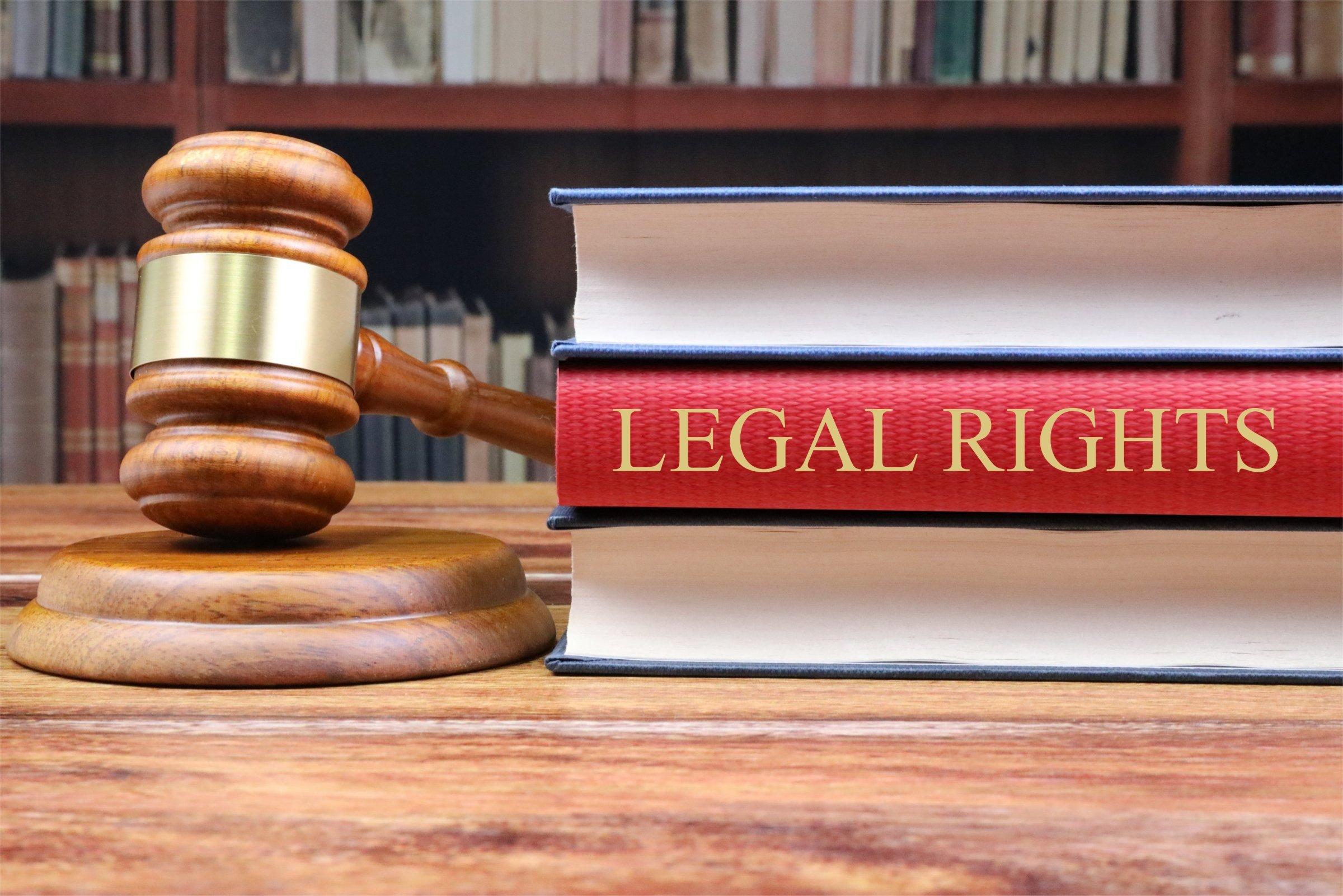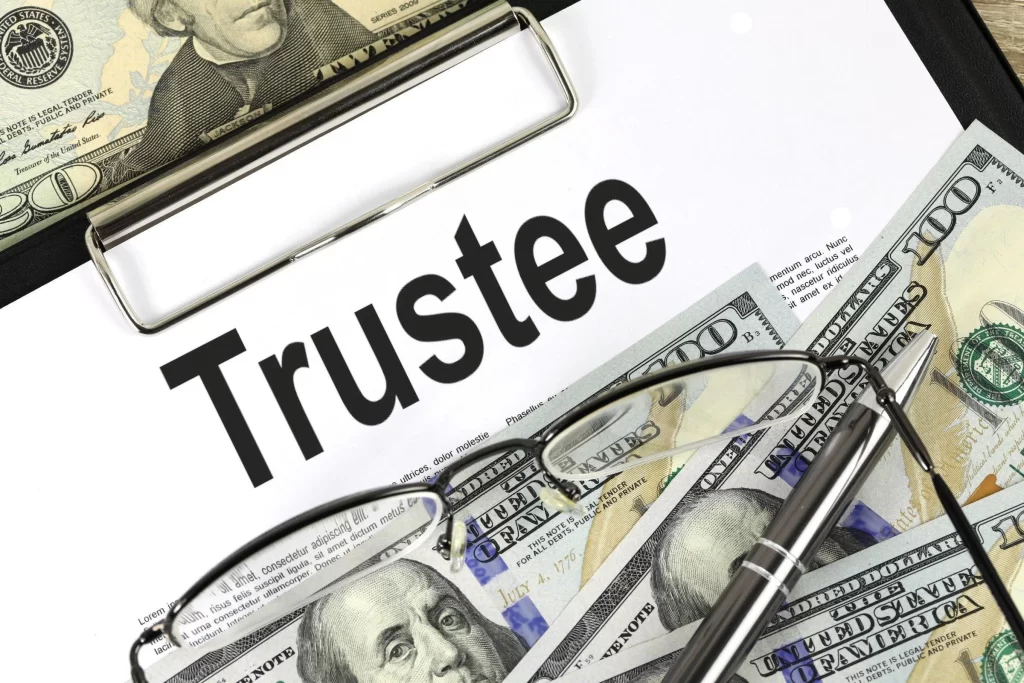In the intricate dance of trust relationships, one may often find themselves pondering the age-old question: who truly holds the reins of power, the trustee or the beneficiary? While both parties play crucial roles in ensuring the smooth execution of a trust, the dynamics of power can often shift and blur lines of authority. Join us as we delve into the nuanced world of trust management and uncover the intricate balance of power between trustees and beneficiaries.
Understanding the dynamics between trustees and beneficiaries
Trustees and beneficiaries play integral roles in the administration of trusts, each with its power dynamics and responsibilities. While trustees are typically given legal control over the trust assets, beneficiaries hold equitable interest in the trust property. This difference in rights can sometimes lead to tension between the two parties as they navigate their respective roles and duties.
Trustees have a fiduciary duty to act in the best interests of the beneficiaries, managing the trust assets prudently and transparently. On the other hand, beneficiaries have the right to receive distributions from the trust as outlined in the trust document. The balance of power between trustees and beneficiaries can vary depending on the specific terms of the trust, the relationship between the parties, and how well they communicate and work together to achieve the trust’s objectives.

Examining the legal rights and responsibilities of trustees
Trustees and beneficiaries each have their own set of legal rights and responsibilities when it comes to trust arrangements. While trustees are tasked with managing the assets within a trust, beneficiaries have the right to enforce the terms of the trust and hold trustees accountable for their actions. In this dynamic relationship, it can be difficult to determine who holds more power.
It is essential to consider the specific circumstances of each trust arrangement to determine the balance of power between trustees and beneficiaries. Factors such as the language of the trust document, the nature of the assets involved, and the relationships between trustees and beneficiaries can all impact the distribution of power. Ultimately, a successful trust relationship relies on clear communication, mutual respect, and a shared commitment to upholding the intentions of the trust creator.

Exploring the potential for conflicts between trustees and beneficiaries
In the complex realm of trusts, conflicts can often arise between trustees and beneficiaries due to the nature of their roles and responsibilities. Trustees are entrusted with managing the assets within the trust for the benefit of the beneficiaries, while beneficiaries have a vested interest in ensuring their best interests are being upheld. This dynamic can sometimes create tension and potential for conflicts to arise.
Trustees typically have the power to make decisions regarding the management of assets, investment choices, and distribution of funds within the trust. However, beneficiaries also hold certain rights and can challenge trustee decisions if they feel their interests are being overlooked. Communication, transparency, and clear understanding of roles and responsibilities are crucial in navigating the potential for conflicts between trustees and beneficiaries.

Strategies for promoting cooperation and balance between trustees and beneficiaries
It is crucial to establish a sense of cooperation and balance between trustees and beneficiaries in order to ensure a smooth and effective management of assets and resources. One strategy to promote this is through transparent communication. Trustees should regularly update beneficiaries on any decisions, changes, or developments within the trust, allowing for open dialogue and understanding on both sides.
Another strategy is to involve beneficiaries in decision-making processes when appropriate. By including beneficiaries in discussions and decision-making, trustees can empower them to feel a sense of ownership and responsibility towards the trust. This collaborative approach fosters mutual respect and understanding, ultimately leading to a more harmonious relationship between trustees and beneficiaries.
| Trustees | Beneficiaries |
|---|---|
| Responsible for managing trust assets | Have a vested interest in the trust |
| Make decisions on behalf of beneficiaries | Can provide valuable input and insights |
Closing Remarks
In the complex world of trusts, the dynamic between trustees and beneficiaries can often be a delicate balance of power. While trustees hold the legal authority to manage trust assets and make decisions on behalf of beneficiaries, ultimately, it is the beneficiaries who hold the true power by virtue of their right to benefit from the trust. The relationship between trustee and beneficiary is a unique one, where trust and communication are key to ensuring the successful administration of the trust. At the end of the day, both parties play an important role in the trust relationship, each bringing their own set of responsibilities and powers to the table. It is this collaboration and understanding that ultimately determines the success of the trust arrangement. So, who has more power? It’s not a question of one over the other, but rather a harmonious partnership that allows both trustee and beneficiary to achieve their respective goals.






